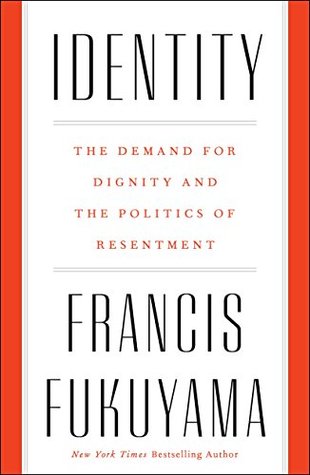More on this book
Community
Kindle Notes & Highlights
Read between
February 17 - March 1, 2020
By turning a spotlight on narrower experiences of injustice, identity politics has brought about welcome changes in concrete public policies that have benefited the groups in question,
So there is nothing wrong with identity politics as such; it is a natural and inevitable response to injustice.
It becomes problematic only when identity is interpreted or asserted in certain specific ways. Identity politics for some progressives has become a cheap substitute for serious thinking about how to reverse the thirty-year trend in most liberal democracies toward greater socioeconomic inequality. It is easier to argue over cultural issues within the confines of elite institutions than it is to appropriate money or convince skeptical legislators to change policies.
This points to a second problem that arises with a focus on newer and more narrowly defined marginalized groups: it diverts attention from older and larger groups whose serious problems have been ignored. A significant part of the white American working class has been dragged into an underclass, comparable to the experience of African-Americans during the 1970s and ’80s.
Yet one has heard little concern from activists on the left, at least until recently, about the burgeoning opioid crisis, or the fate of children growing up in impoverished single-parent families in the rural United States.
Progressives today have no ambitious strategies for dealing with the potentially immense job losses that will accompany advancing automation, or the income disparities that technology may bri...
This highlight has been truncated due to consecutive passage length restrictions.
A third problem with current understandings of identity is that they can threaten free speech and, more broadly, the kind of rational discourse needed to sustain a democracy.


